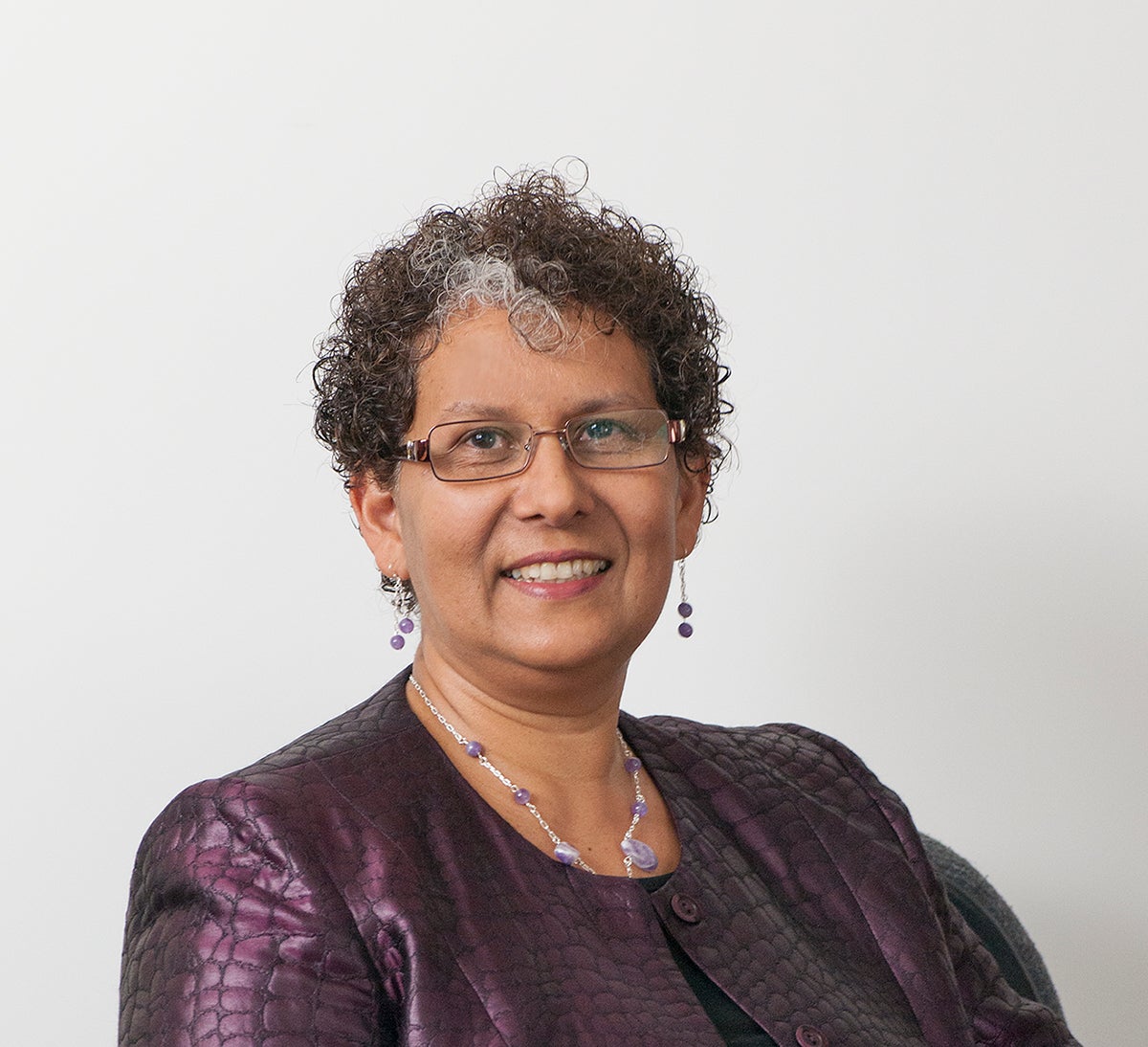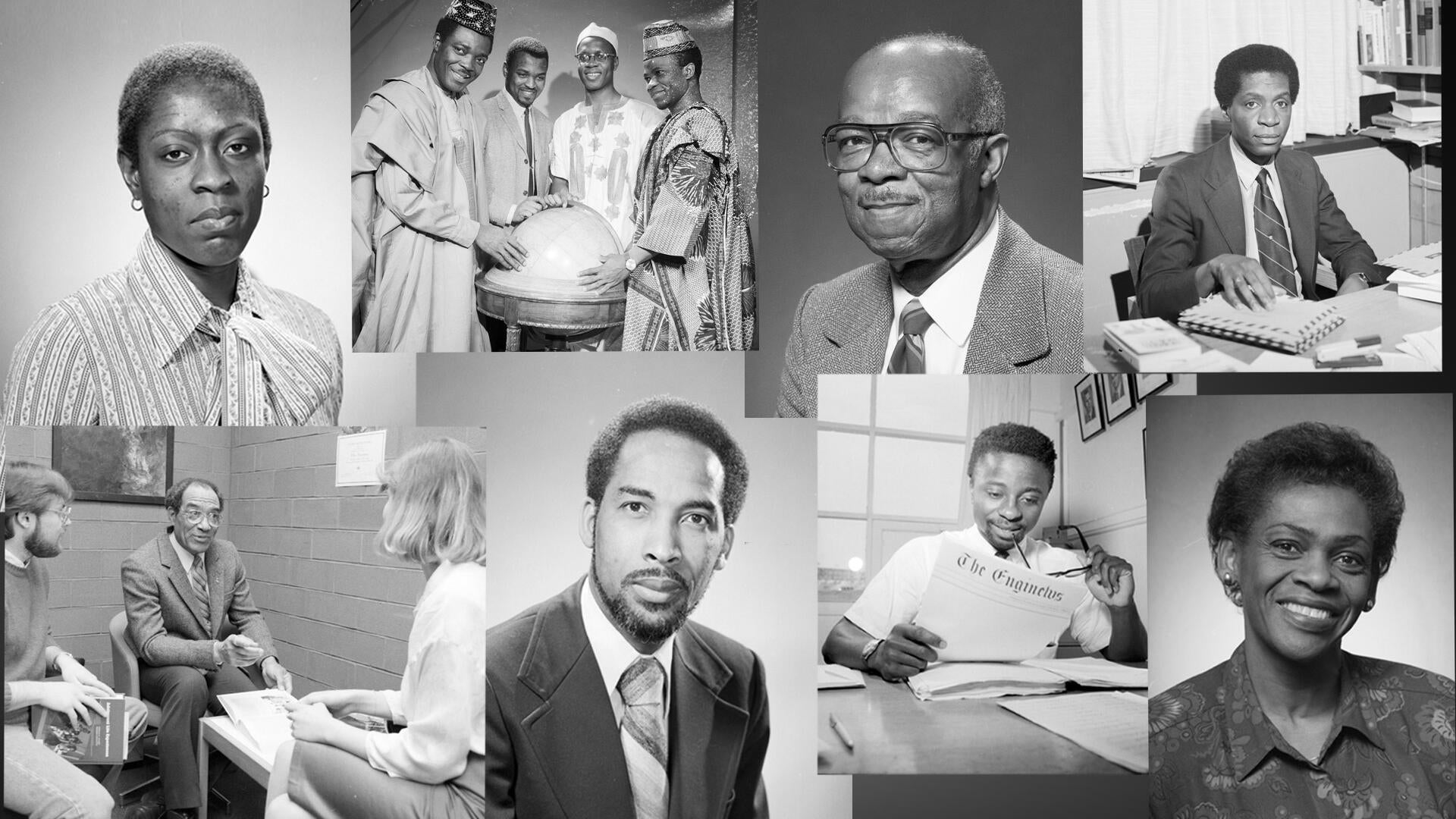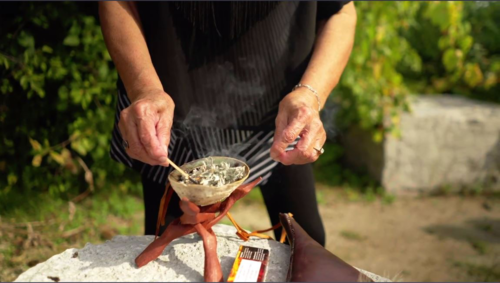
Welcome to the tenth issue of the Catalyst anti-racism newsletter. For the last nine months, the Catalyst has been providing the University community with monthly updates from the President’s Anti-racism Taskforce (PART) and other dedicated individuals and teams working across campus to counter systemic racism and oppression. We look forward to sharing these stories with you for the new year.
In this issue:
Message from the Chair
Dr. Charmaine Dean, executive-designate (PART)

Congratulations on a successful Black History Month! Thanks to the Ujima Black History Month committee for putting together such an impressive slate of activities, which highlight our shared responsibility for institutional and wider systemic change. Hats off to Dr. Christopher Stuart Taylor and his team for a job well done. Thanks also to all of the other units and groups, which hosted Black History Month activities. Your efforts are much appreciated.
Although PART was given a one-year mandate in 2021 to complete its recommendations, planning and organizing the various working groups and implementation teams commenced in mid-2020. Now, more than 18 months later, after numerous cross-campus consultations, dialogues, environmental scans, anti-racism events and other activities we are nearing the finish line.
I’m extremely proud to report that the President’s Anti-racism Taskforce (PART), the team of advisors who help to advance anti-racism initiatives at the University, is close to finalizing a draft report of recommendations aimed at confronting racism and enhancing inclusivity and belonging on campus.
The next step in this process is to share these recommendations with the Community Collaborative, a community of Black, Indigenous, and racialized individuals committed to confronting racism in all its forms. If you can recall, it was this group that came together in 2020 and which formed the seeds to initiate this work. We will be reaching out to you very soon to coordinate a time to present PART’s recommendations to you.
Thanks to all members of the community who supported this work, the Black Faculty Collective, the faculty, and student associations, and indeed all the associations on campus who contributed and encouraged action.
I want to reiterate my heartfelt thanks to individuals, groups, and departments across campus that have contributed to developing PART’s recommendations, which will undoubtedly support collective ongoing actions to achieve institutional change aimed at strengthening an inclusive environment for all our communities on our campuses.
I’d also like to mention 2022 BE-STEMM, an amazing conference hosted by the Canadian Black Scientists Network, which took place recently. Warm congratulations to University of Waterloo Faculty of Science Professor Trevor Charles, a recipient of the Research Innovation & Impact Award at the BE-STEMM Conference!
Finally, thanks to the Library and Bookstore for volunteering to serve as hosts so we can continue the Book Club. We’ve also been considering expansion to a Film Club and you’ll hear more about that activity shortly.

THE CATALYST
Subscribe now to receive each issue of this newsletter direct to your inbox
Anti-racism across campus
PART invites you to the March Anti-racism Book Club

Written by Reni Eddo-Lodge, an award-winning journalist, “Why I’m No Longer Talking to White People About Race,” represents anattempt to address frustrations associated with the way that discussions of race and racism are led by those who weren’t affected by it.
While exploring issues such as eradicated Black history, the political purpose of white dominance, whitewashed feminism, and the link between class and race, among other topics, this book has transformed conversations that address acknowledging and countering racism.
Touted to be an essential handbook for anyone looking to understand how structural racism works, Eddo-Lodge pushes readers to recognize that racism is a systemic problem that needs to be tackled by those who run the system.
“This book is a good starting point to initiate what some might consider to be difficult conversations about race and racism,” said Wilson. “Quite often, there is a certain level of discomfort in anti-racism work, but discomfort is a sign of growth. It’s important to embrace discomfort and use it as an opportunity to gain new perspectives and unlearn negative behaviours.”
Wilson looks forward to a having respectful and meaningful dialogue and hopes that the session will serve as a space for learning and action planning to continue the work of building and sustaining racial equality. Register here for the March Anti-racism Book Club.
Black history at Waterloo in photos
by the Ujima Black History Month planning committee

Reflections on two years of impact with the Office of Indigenous Relations
Originally published in the Daily Bulletin on Thursday, January 20

Staff feature
Meet Akua Asare-Amin, International Student Recruitment specialist

As the International Recruitment specialist, she is responsible for Black student recruitment to increase diversity on the campus through the development of targeted recruitment opportunities and partnerships. As this new role involves understanding the breadth of academic and non-academic programs and services currently being offered at Waterloo, Asare-Amin has spent the past few months connecting with campus partners and current students to learn about the support and programming provided to Black students on campus.
“I have also spent some time connecting with members of the regional education board to understand current systems in place and how Waterloo can work alongside schools in the region to support and enhance the academic goals of Black students,” she said. “The ultimate goal of such partnerships is to build structures and programming to collectively advance an inclusive environment for all communities on campus.”
Asked about her hopes for anti-racism at the UWaterloo, Asare-Amin explained that advancing anti-racism, inclusion and belonging at Waterloo and every campus for that matter should be viewed as a journey rather than a destination. She added that while she fully supports the University’s current goals and aspirations of creating an inclusive environment for all, these goals should continuously evolve.
The International Recruitment specialist believes that UWaterloo has made tremendous strides towards achieving and sustaining an inclusive environment with the establishment of PART and the new EDI-R unit, among many other initiatives. She looks forward to working with the campus community, specifically the student population to further develop EDI-focused programming and services to ensure that everyone feels like they belong.
“We all need to work collectively towards achieving an inclusive community,” she said. We must first include principles and practices of inclusivity into our daily lives, which will inevitably rebound into our relations with others.”
Research spotlight
Addressing racial disparities in osteoarthritis research

The undergraduate student is part of a team of researchers exploring the diverse experiences and impacts of osteoarthritis-related pain among Black and white Canadians. This team also includes Professor Monica Maly as the principal investigator and Denise Le from the Faculty of Science, another student investigator.
The research objectives include exploring the context surrounding the experience and impact of pain due to OA during daily activity, investigating how the COVID-19 pandemic has impacted the experience of OA-related pain and exploring barriers, challenges and strategies to promote wellbeing.
“Race-based health disparities exist in osteoarthritis,” Almaw said. “The current understanding of OA-related pain is narrow, reflecting an overall lack of racial diversity among participants represented in the existing literature. This research study aims to gain an understanding of the diverse experiences and impacts of osteoarthritis-related pain among Black and White Canadians and improve representation in the OA literature.”
Evidence exists that not only are Black people more likely to have been diagnosed with certain types of osteoarthritis, but they experience worsened pain and have greater pain-related disabilities. She believes that the absence of representation is further contributing to a narrow understanding of OA-related pain among racialized groups.
“It is critical that we improve inclusion of underrepresented groups in OA-related research which is why we have chosen to investigate this issue,” she said.
The research assistant explained that information learned from this study will be used to further educate health care providers on the wide range of impacts of osteoarthritis among diverse individuals living with this condition.
The researchers are currently seeking out participants who self-identify as Black or White, are 45+ years of age, currently living with knee/hip pain and/or osteoarthritis in those regions. Participants will be expected to attend two virtual meetings and questionnaires can be completed online or via phone. Interested participants are encouraged to reach out to mobilize@uwaterloo.ca for more information.
Bulletin board
LiftOff Black Entrepreneurship Program
The LiftOff Black Entrepreneurship Program is designed to support Black entrepreneurs from the earliest stages of starting a business to innovating, growing, and scaling an existing business. Click here to learn more.
An Experiential Job Shadow Program
Are you pursuing a PhD and wondering what comes next, what career paths are available to you? There are many meaningful roles on campus for you to explore, and the Centre for Career Action has partnered with university staff to create a structured job shadow program for PhD students. Click here to learn more.
Lantern Festival closes out Lunar New Year celebrations
